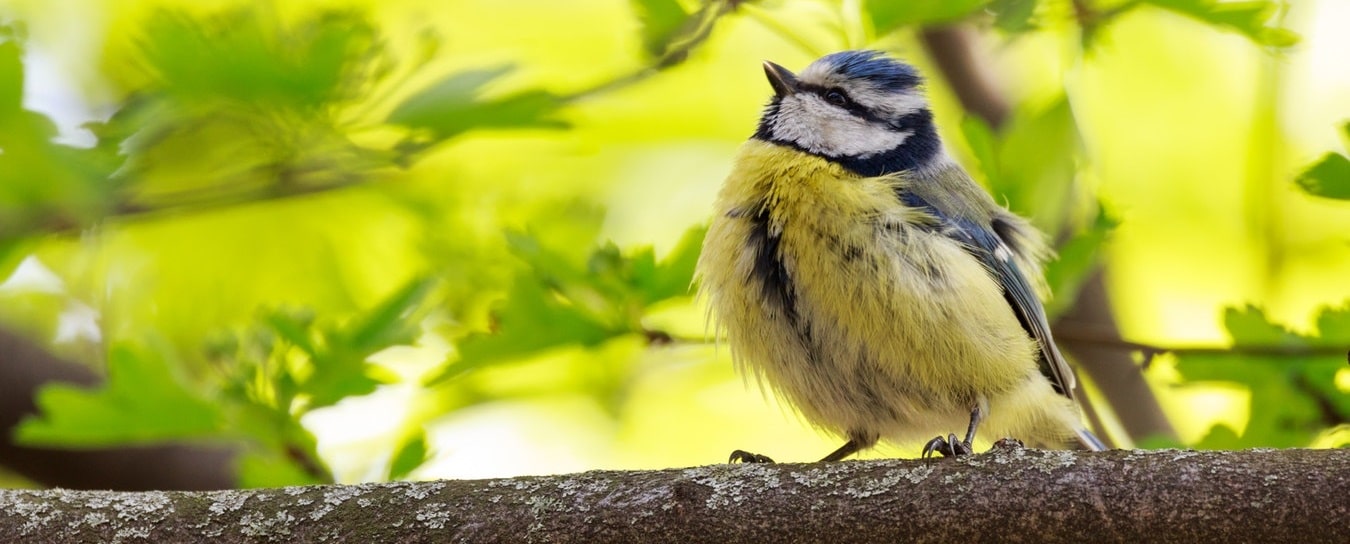How to Help Birds Survive in the Winter

Winter has reared its ugly head again, birds often have the worst of it in winter. As the UK braces itself against snow and ice, spare a thought for the wildlife, especially birds, that have to survive in severe weather conditions. In the winter, it’s a lot harder for them to find food for energy and to help them stay warm, so the food and water you give them can mean the difference between life and death.
You might notice that birds come into your garden to look for food and to seek shelter.
What foods are good for birds?
Birds in winter need even more food to get through. Food like meal worms, fat balls, crushed peanuts, dried fruit, seeds, and grains are all good high energy, nutrient-rich choices for birds.
Even foods from your kitchen are a good source of energy for them. Grated cheese, porridge oats, soft fruit, unsalted bacon, cooked rice, pasta, and the insides of cooked potatoes are great choices. And don’t forget they’ll need water to drink and to bathe in.

Here’s some tips on how you can help birds in winter:
- Put out food regularly, especially in severe weather conditions. Set up a bird table and put out high-calorie seed mixes, grated cheese, pastry, and porridge oats.
- Put black sunflower seeds, sunflower hearts, sunflower-rich mixes, or unsalted peanuts in hanging bird feeders.
- Make sure that there’s a fresh supply of water left out for them every day, and if it’s very cold outside, use tepid water.
- Blackbirds and thrushes thrive on apples and pears.
- Some birds like goldcrests will love it if you hang up food bars or rub fat into the bark of trees.
- Put up bird boxes for smaller birds, and they can use them once they start breeding in the spring.
How do birds cope in winter?
Birds replenish energy lost overnight early in the morning and late in the afternoon. In the winter, birds feed fast but they also need to rest more to save energy. They also huddle and flock together to keep warm and improve their chances of finding food. They also migrate to warmer regions where food is more readily available.
If you are interested in even more helpful tips and interesting articles on all things wheelie bin storage. Check out our blog.








